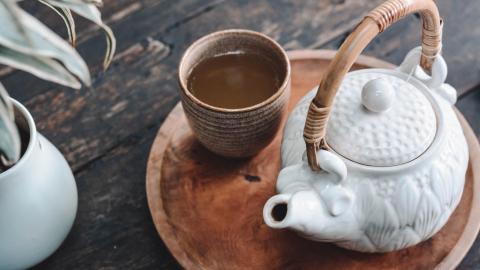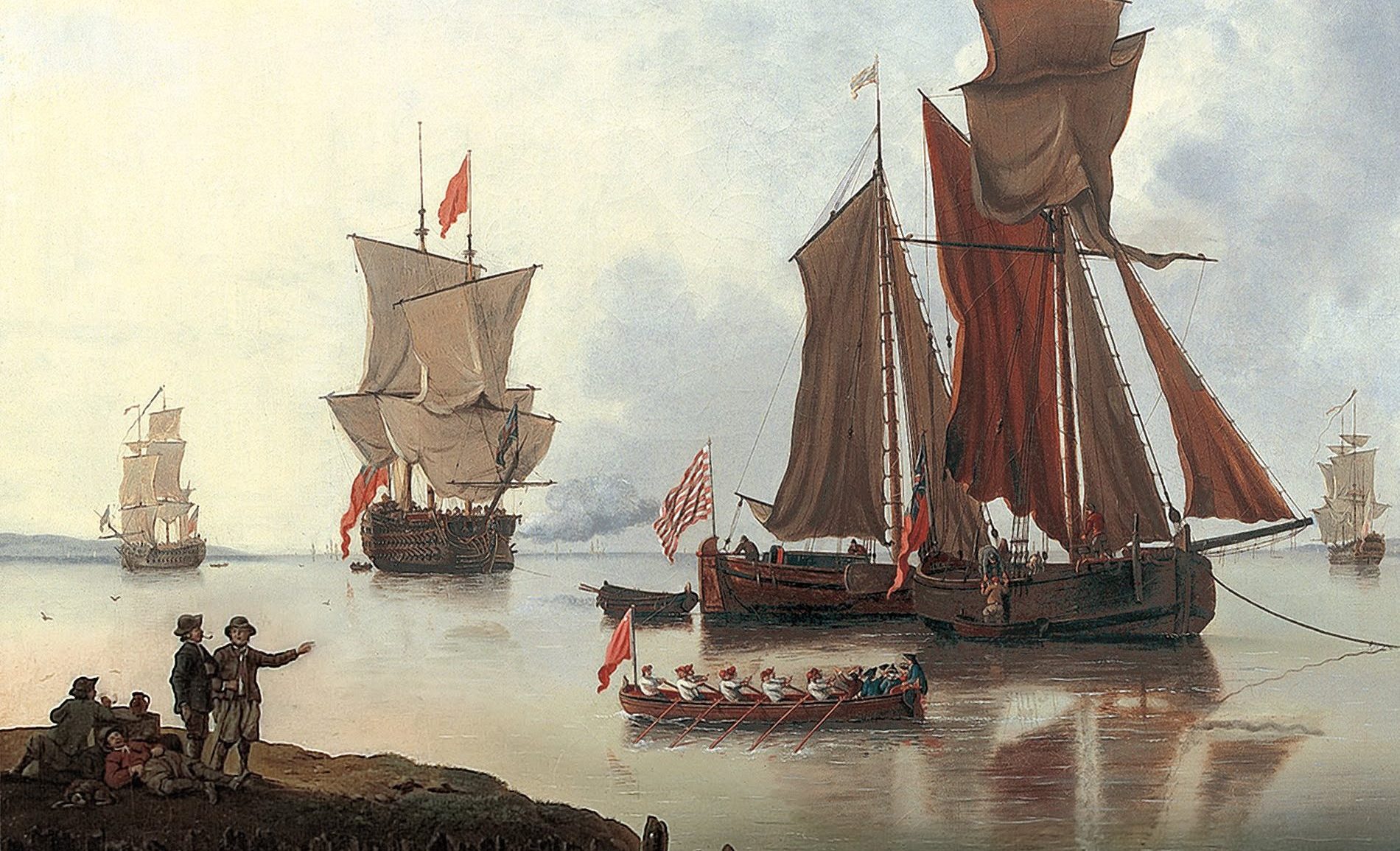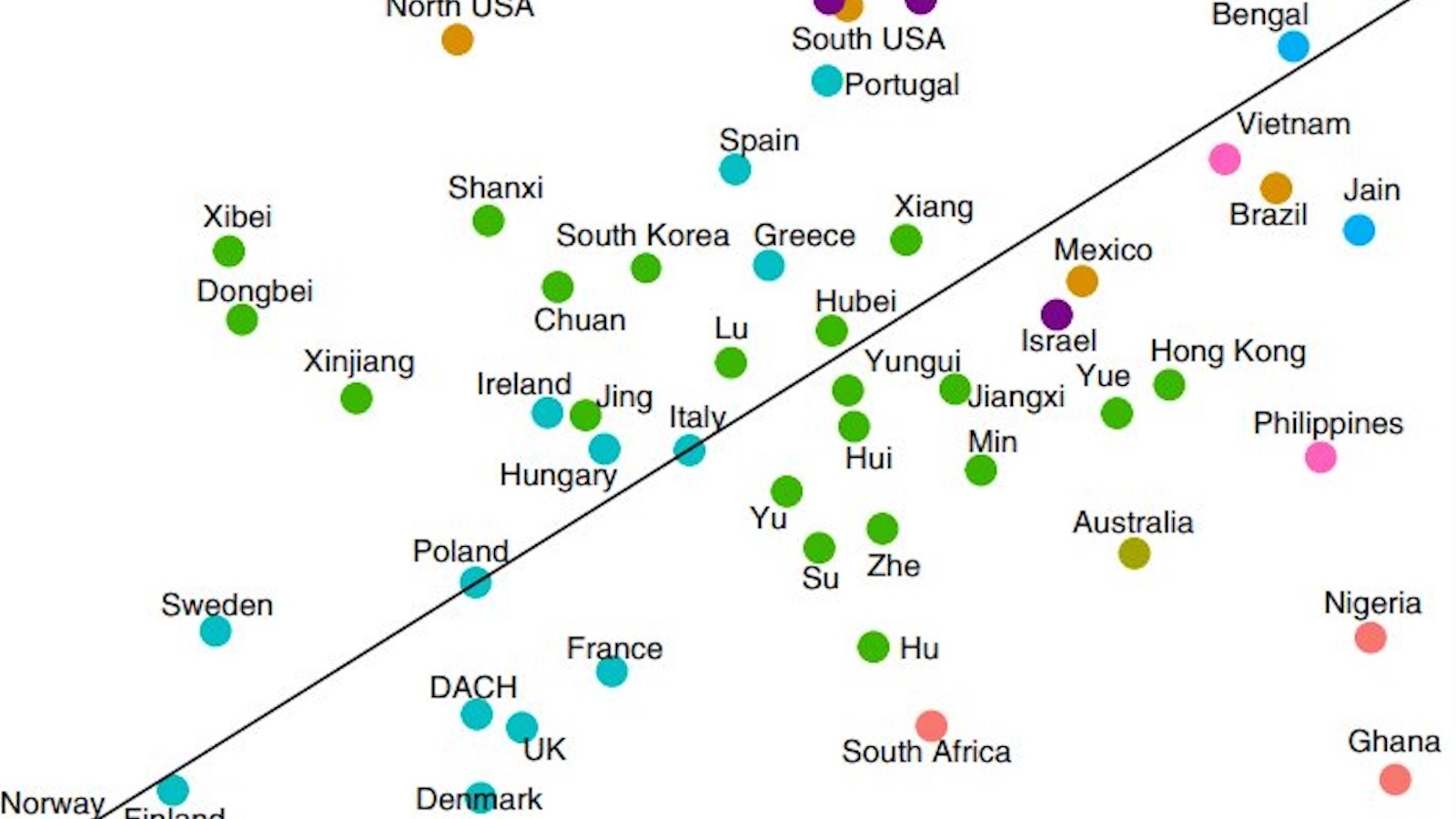- Today, tea is the single most popular drink worldwide, with a global market that outstrips all the nearest rivals combined.
- The British Empire went to war over tea, ultimately losing its American colonies and twice beating the Chinese in the “Opium Wars.”
- The British desire to secure homegrown tea resulted in their sending botanist Robert Fortune on a Hollywood-worthy mission to secure Chinese tea plants and steal horticultural secrets.
After water, tea is the most common drink in the world. It is more popular than coffee, soft drinks, and alcohol combined. 84 percent of Brits enjoy a daily “cuppa,” but this is a mere bagatelle against the Turks, who drink on average three to four cups every day. The tea industry is worth $200 billion worldwide and is set to grow by half by 2025.
Tea is such a huge part of many cultures, that it even has origin myths. For instance, one involves the Buddha waking up after falling asleep during his meditation. Disgusted at his lack of self-discipline, he cut off his eyelids and threw them to the ground. These lids then grew into tea plants to help future meditators stay awake.
Tea really matters to a lot of people. And, it mattered so much to the British and their empire that it directed their entire foreign policy. It also inspired one of the most incredible and ridiculous tales of 19th century espionage.
A spot of tea
When the European powers of the 16th century first traded with, then militarily colonized, various East Asian nations, it was impossible not to come across tea. Since the 9th century, the Tang Dynasty of China had already popularized tea across the region. Tea was already firmly entrenched when the Portuguese became the first Europeans to sample it (in 1557), followed by the Dutch, who first shipped a batch back to mainland Europe.
Britain was relatively late to the tea party, not arriving until well into the 17th century. In fact, in Samuel Pepys’ 1660 diaries, he makes reference to “a cup of tee (a China drink) of which I had never drunk before.” It was only after King Charles II’s Portuguese wife popularized it at court that tea became a fashionable societal drink.
After the Brits got going, there was no stopping them. Tea became a huge business. However, since tea was monopolized by the East India Company and the government imposed a whopping 120 percent tax on it, an army of smuggler gangs opened back channels to get tea to the poorer masses. Eventually, in 1784, Prime Minister William Pitt the Younger got wise to the popular cry for tea. To stamp out the black market, he slashed the tax on the leaf to just 12.5 percent. From then on, tea became the everyman’s drink — marketed as medicinal, invigorating, and tasty.
A cup, a cup, my kingdom for a cup!
Tea became so important to the British that it even sparked wars across the empire.
Most famously, when the British imposed a three pennies per pound tax on all tea the East India Company exported to America, it led to the outraged destruction of an entire ship’s tea cargo. The “Boston Tea Party” was the first major defiant act of the American colonies and led ultimately to ham-fisted and insensitive countermeasures from the London government. These, in turn, sparked the U.S. War of Independence.
Less well known is how Britain went to war with China over tea. Twice.

Back then, tea was only being grown and exported from China to British India and then around the empire. As such, it led to a massive trade imbalance, where the largely self-sufficient China only wanted British silver in return for their famous and delicious homegrown tea leaves. This sort of economic policy, known as mercantilism, made Britain really mad.
In retaliation, Britain grew opium and flooded China with the drug. When China (quite understandably) objected to this, Britain sent in the gunboats. The subsequent “Opium Wars” were only ever going to go one way, and when China sued for peace, they were lumped with $20 million worth of reparations — and had to cede Hong Kong to Britain (which only returned in 1997).
The tea spy: on her majesty’s secret service
But even these wars did not resolve the trade deficit with China. The attempts to make tea in British India resulted in insipid rubbish, and the British needed the good stuff. So, they turned to a Scottish botanist named Robert Fortune, whose mission was simple: cross the border into China, integrate himself amongst Chinese tea farmers, and smuggle out both their expertise and preferably their tea plants.
Fortune accepted the mission, even though he could not speak a word of Chinese and had barely left his native Britain. (A forefather of 007 he was not.) But not one to let these details get in the way, he shaved his hair, plaited a pigtail that resembled those worn by the Chinese, and then set off on his adventure.
And what an adventure it was. He came under attack by bandits and brigands, his ship was bombarded by pirates, and he had to endure fever, tropical storms, and typhoons. In spite of all this, Fortune not only managed to learn Chinese and travel around the forbidden City of Suzhou and its surrounding tea-farming land, but he also integrated himself into secluded peasant communities. When the skeptical tea farmers challenged Fortune on why he was so tall, he fooled them by claiming that he was a very important state official — all of whom were tall, apparently.
An Indian speciali-tea
Amazingly, Fortune had good fortune and got away with it. Over the course of his three-year mission, he secreted out several shipments of new tea plants to Britain as well as the art of bonsai (previously, a closely held secret). Most of the smuggled tea leaves died from mold and moisture in transit, but Fortune persisted, and eventually the British began to cultivate their own tea plants using Chinese tea farming techniques in their colonial Indian soils.
It was not long until an Indian variant, almost indistinguishable from the stolen Chinese one, began to dominate the market, not least for Britain’s huge and growing empire. Within 20 years of Fortune’s remarkable mission, the East India Company had more than fifty contractors pumping out tea worldwide.
Today, things have reverted back. China now produces not only substantially more than India (in second place) but more than the top ten countries combined. In total, 40 percent of the world’s tea comes from China. But it was British tea — and Robert Fortune’s incredible and unlikely mission — which catalyzed the huge global market. Without this overly confident Scottish plant-lover, the world’s love of tea might look very different.
Jonny Thomson teaches philosophy in Oxford. He runs a popular Instagram account called Mini Philosophy (@philosophyminis). His first book is Mini Philosophy: A Small Book of Big Ideas.






